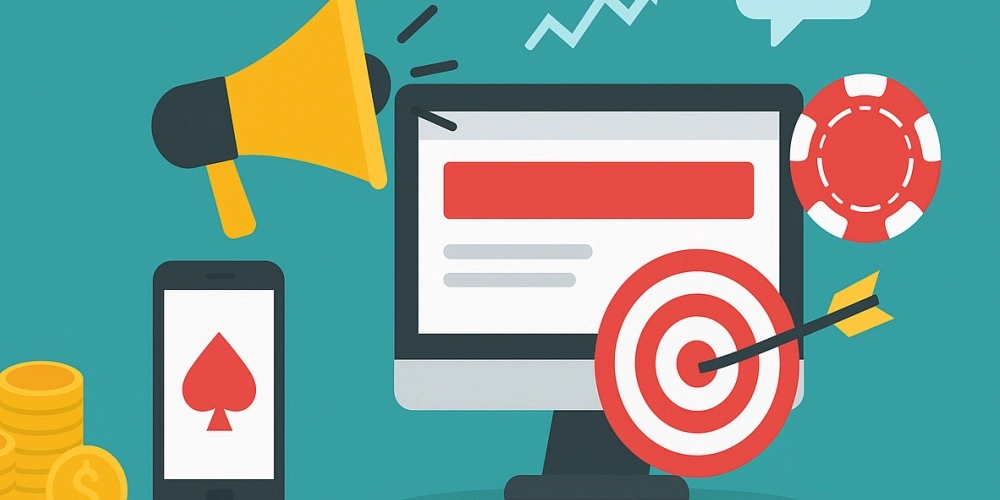Online casinos will be one of the top drivers for a US gaming industry that’s predicted to grow from $75.7 billion in 2024 to $126.2 billion in 2033, according to a study from Renub Research.“The main drivers of this growth are the growing legalization, improved online gambling websites, and the growing desire for leisure and […]

